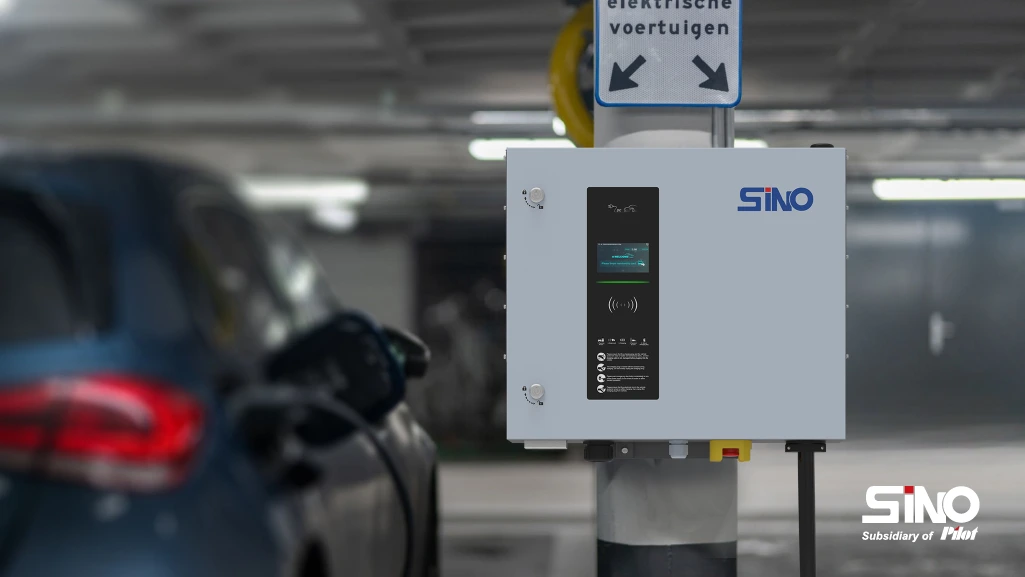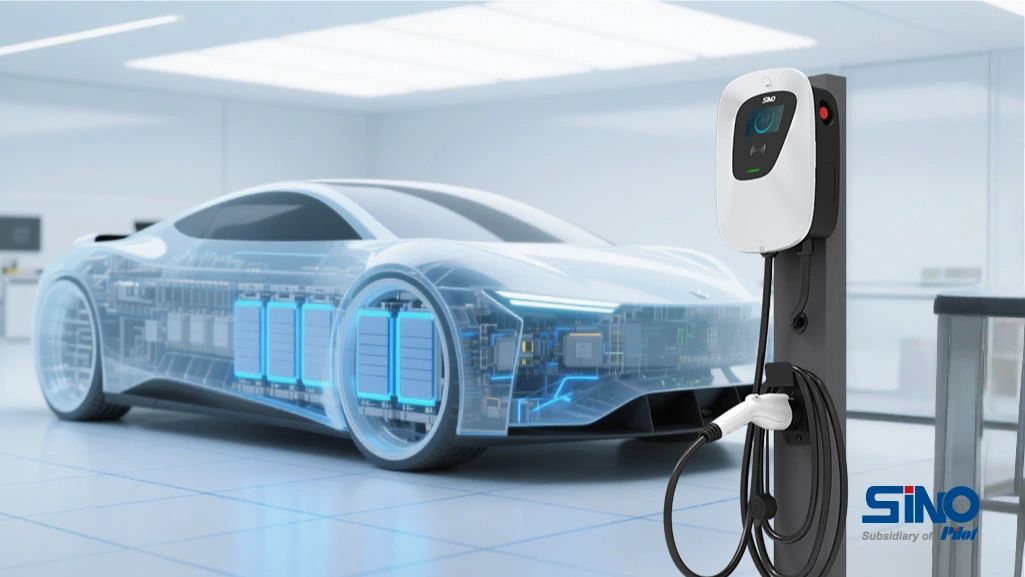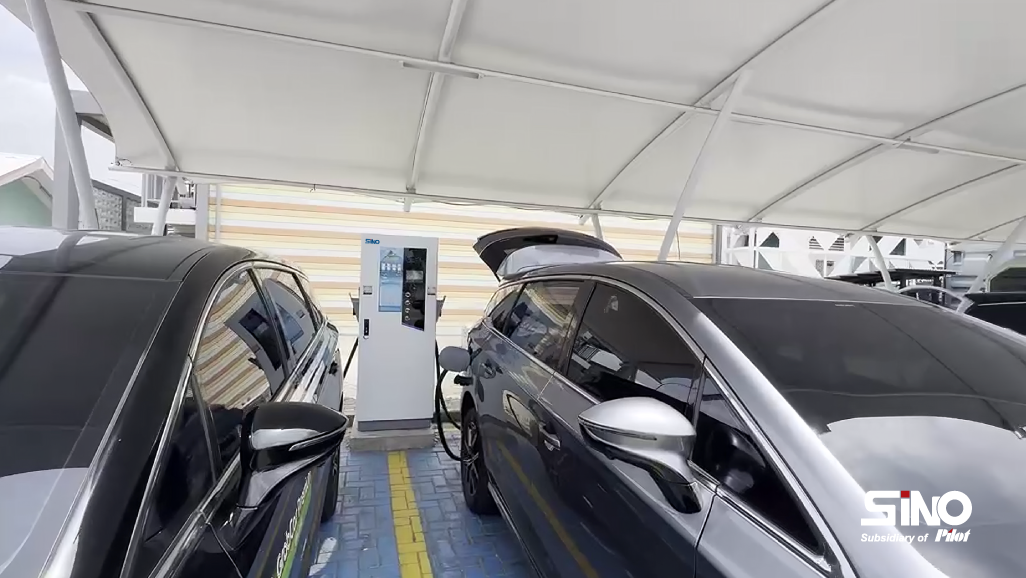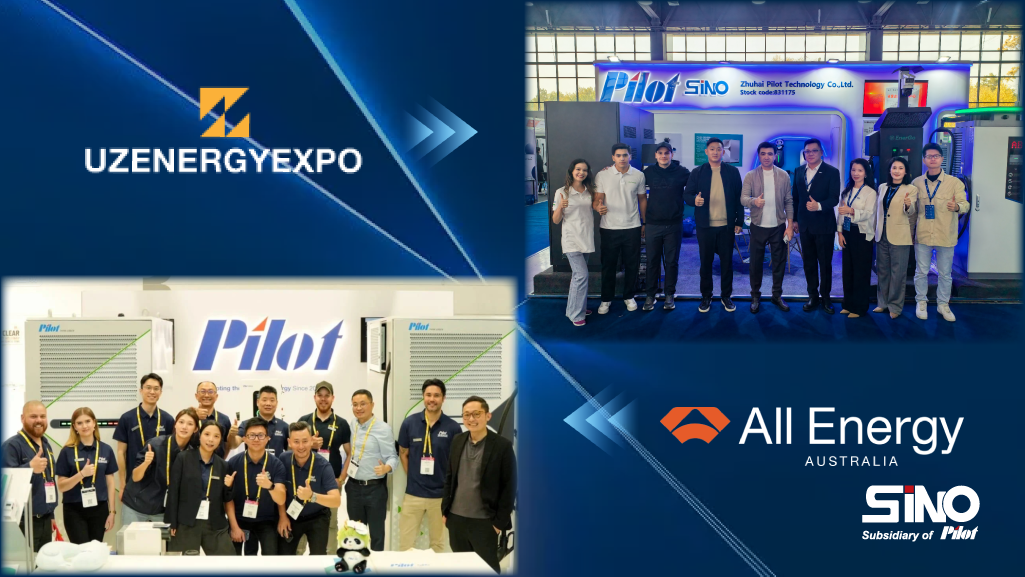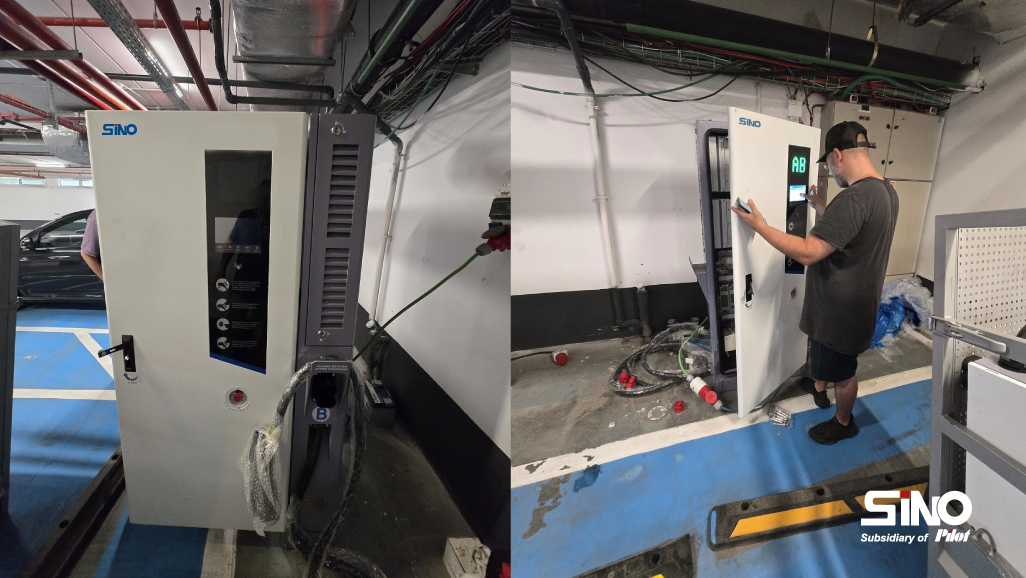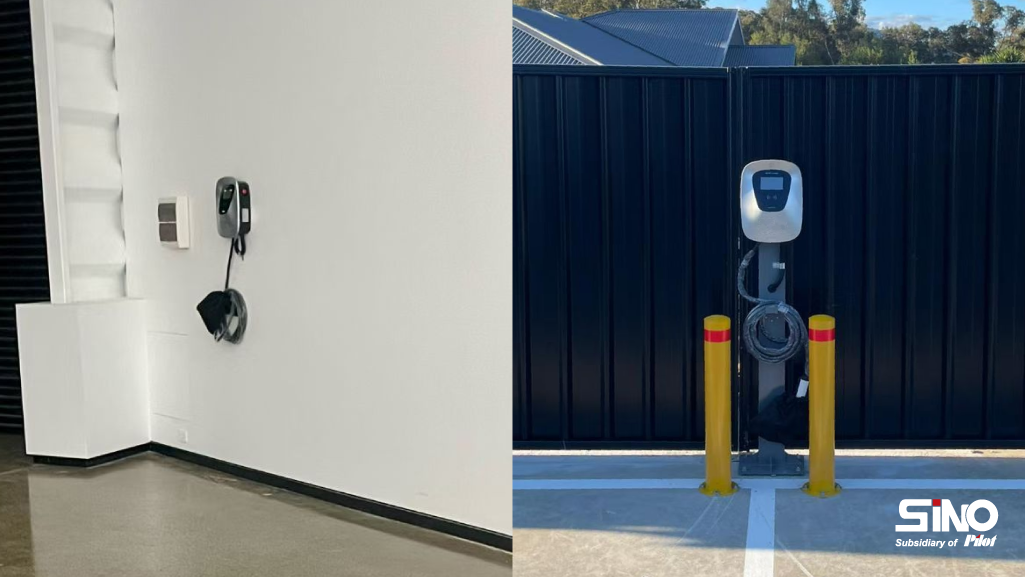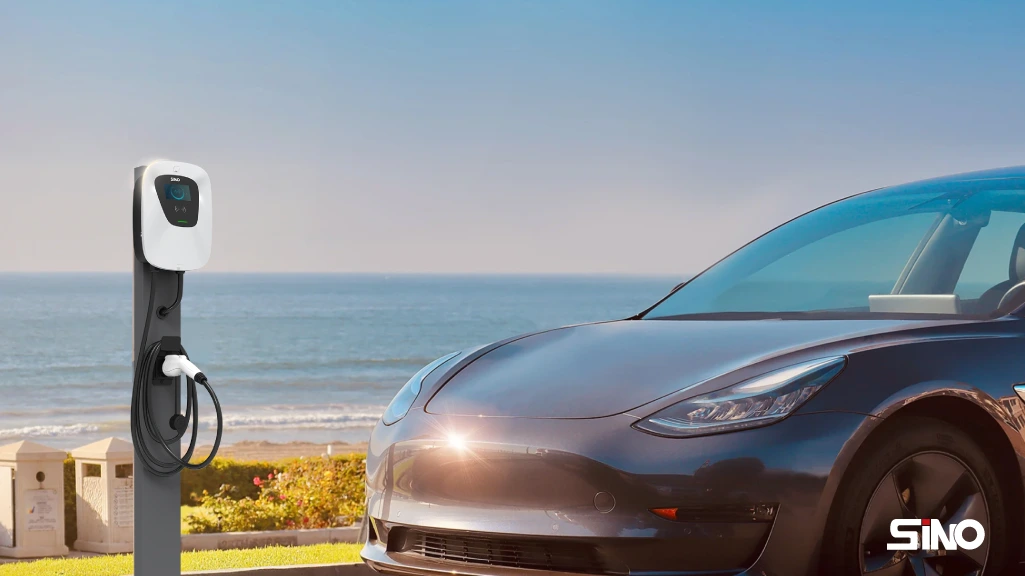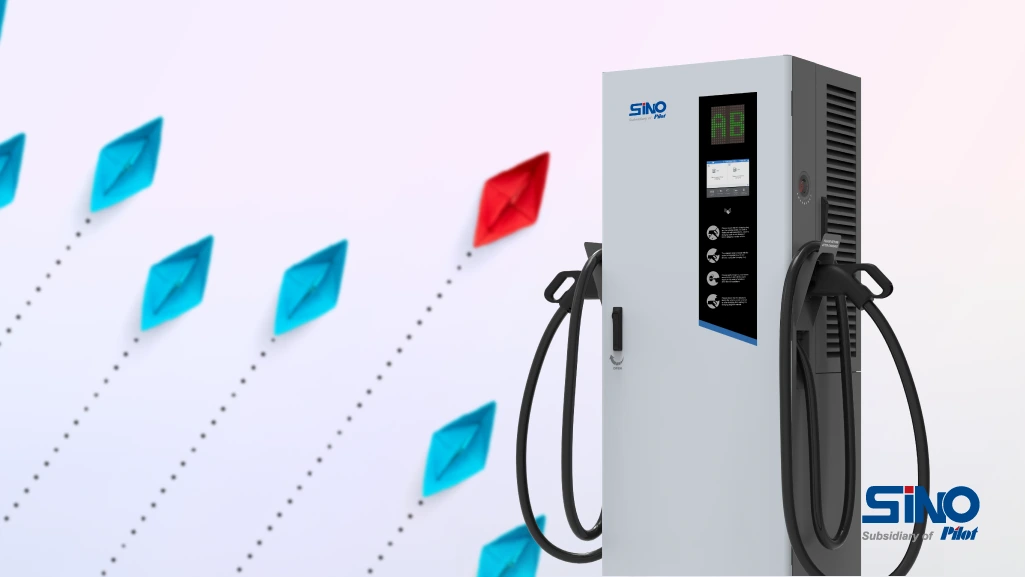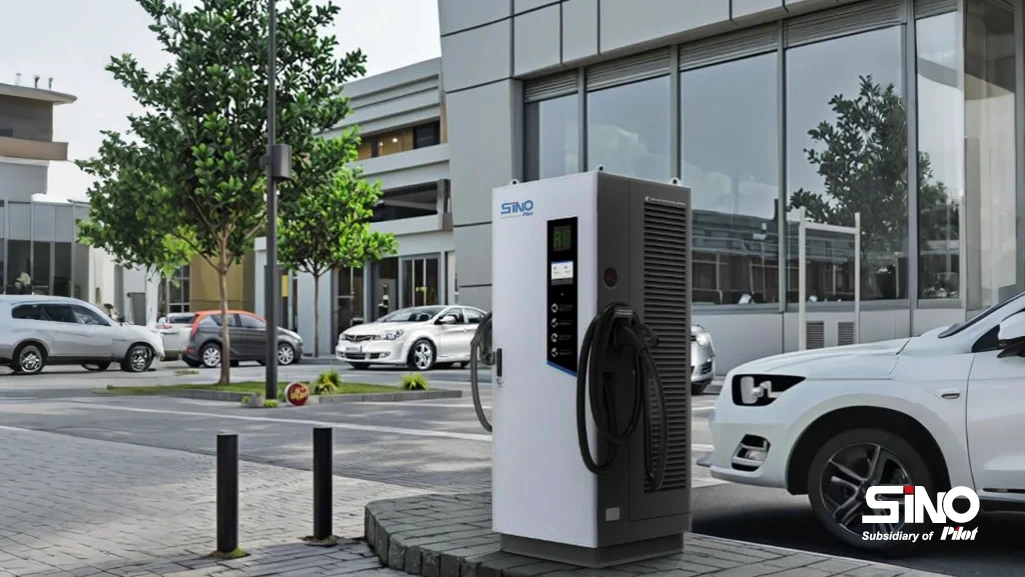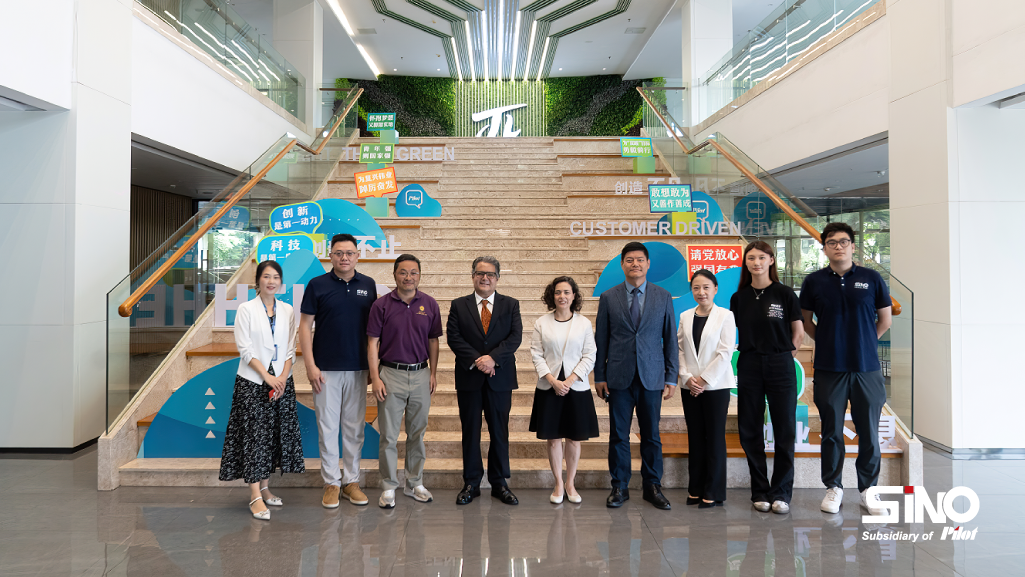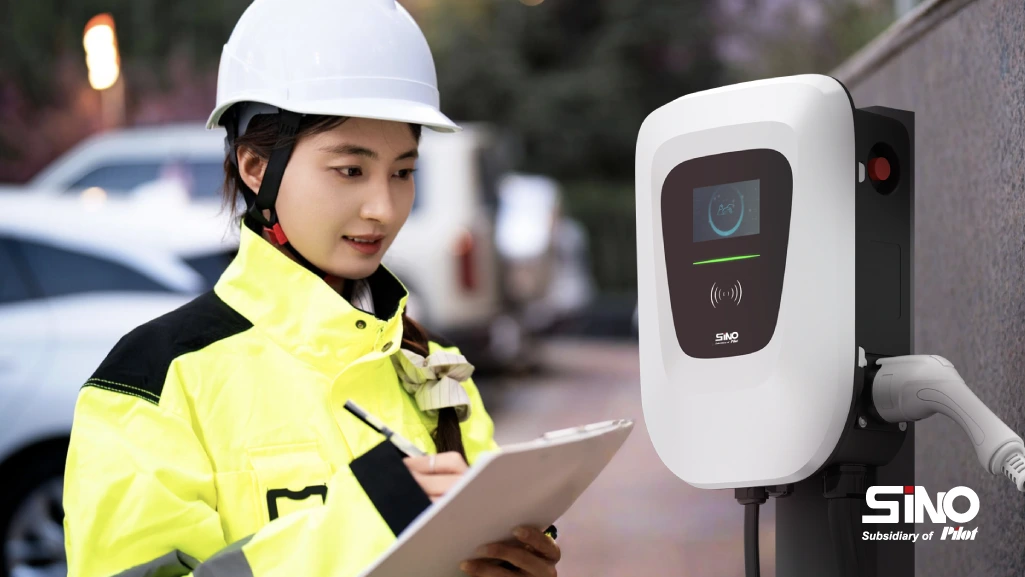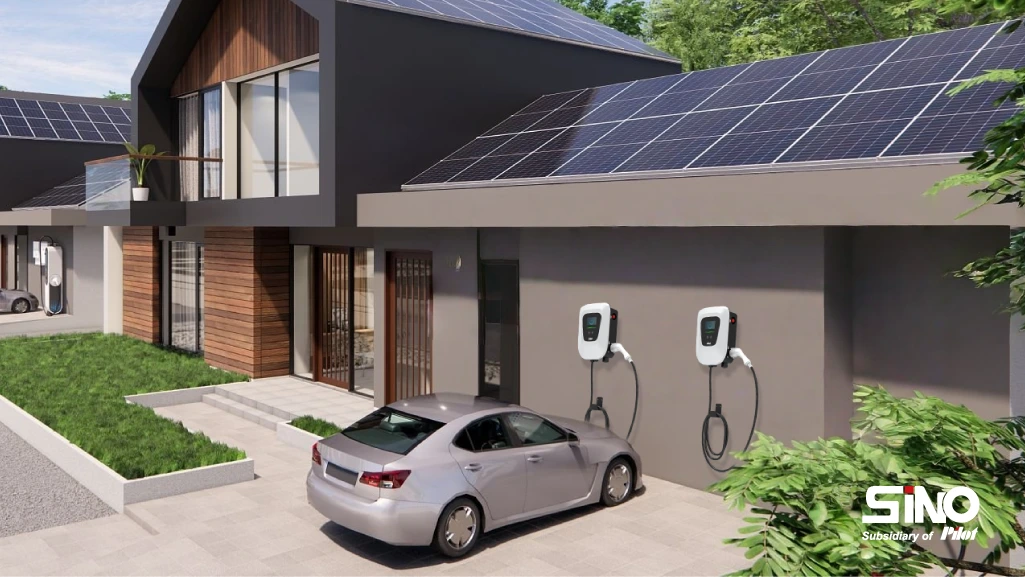1. Introduction
Electric vehicle (EV) adoption is accelerating globally, and businesses, whether gas stations, fleet operators, or retail hubs are investing in DC fast charging solutions to meet rising demand. But with varying power levels, connector types, and costs, selecting the right DC charger can feel overwhelming. This guide simplifies the process, helping you make a data-driven decision.
2. Why Your Business Needs a DC Fast-Charging Solution
DC fast chargers deliver power directly to an EV’s battery, enabling drivers to recharge up to 80% in 20-40 minutes. Unlike slower AC chargers, DC solutions are ideal for high-traffic locations like highways, shopping centers, or logistics hubs where speed and convenience are critical.
Offering fast charging can:
Attract EV drivers as customers.
Generate revenue through charging fees.
Enhance your brand’s sustainability image.
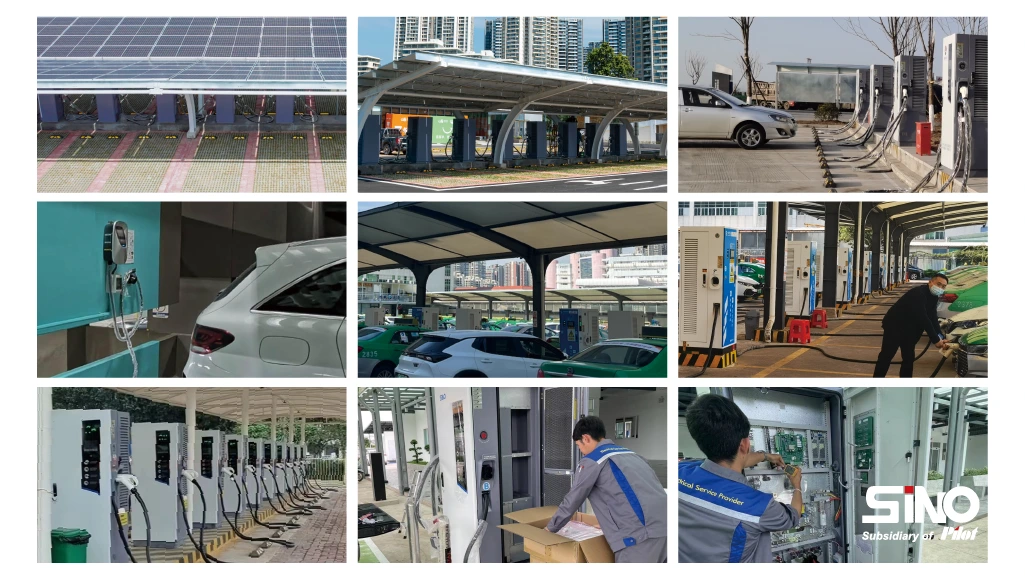
3. Key Factors to Consider When Choosing a DC Charging Solution
3.1 Charging Speed Requirements
Consider your target audience. Are you catering to daily commuters, long-haul drivers, or fleet operators? Fast charging speed is crucial for high-turnover locations.
3.2 Connector Compatibility
Ensure the charger supports widely used standards:
CCS (Combined Charging System): Common in North America and Europe.
CHAdeMO : Used by some Japanese EV brands.
GB/T : Standard in China.
3.3 Scalability & Future Expansion
Invest in a modular system that allows for future upgrades to higher power outputs or additional charging ports.
3.4 Smart Charging Features
Look for smart functionalities like:
Remote monitoring and diagnostics
Dynamic load balancing
Payment integration (RFID, mobile apps, contactless payment)
3.5 Installation & Power Supply Considerations
Assess available electrical capacity to determine if grid upgrades are needed.
Consider on-site energy storage solutions (BESS) to optimize power demand and costs.
3.6 Total Cost of Ownership (TCO)
Factor in hardware, installation, operational, and maintenance costs.
Explore government incentives and subsidies for EV charging infrastructure.
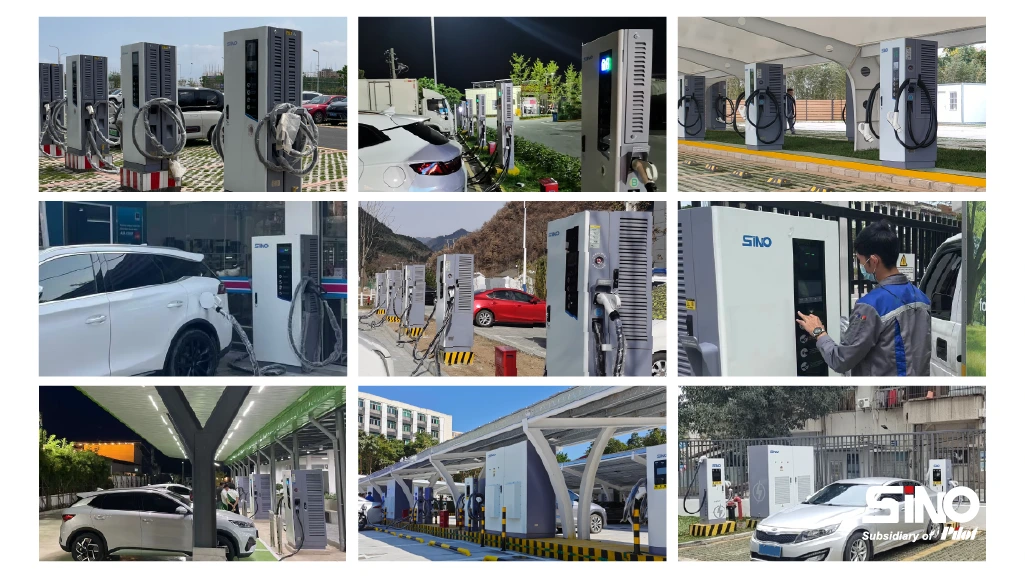
4. Cost Analysis: Upfront Investment vs. Long-Term ROI
A 150-kW DC charger costs 50,000-100,000, excluding installation. However, businesses can offset costs through:
Government Grants: Programs like NEVI (US) or AFIR (EU) subsidize EV infrastructure.
Revenue Models: Dynamic pricing based on time-of-use or membership plans.
Energy Management: Pair chargers with solar panels or battery storage to reduce operational costs.
5. Vendor Selection: What to Look for in a Supplier
Certifications: UL, CE, or OCPP 1.6, OCPP 2.0 compliance.
Warranty and Support: Minimum 2-4 years of technical support.
Software Features: Remote monitoring, payment integration, and load-balancing capabilities.
6. Installation and Maintenance Considerations
Electrical Infrastructure: Ensure your site’s grid can handle high-power demands.
Maintenance Plans: Partner with vendors offering proactive servicing to minimize downtime.
7. Conclusion: Making the Right Choice
Selecting the right DC charging solution depends on your business goals, target audience, and future scalability needs. Investing in the right technology today ensures long-term benefits and a competitive edge in the growing EV market.
Are you ready to integrate DC fast charging into your business? Contact us today to explore the best solution for your needs!
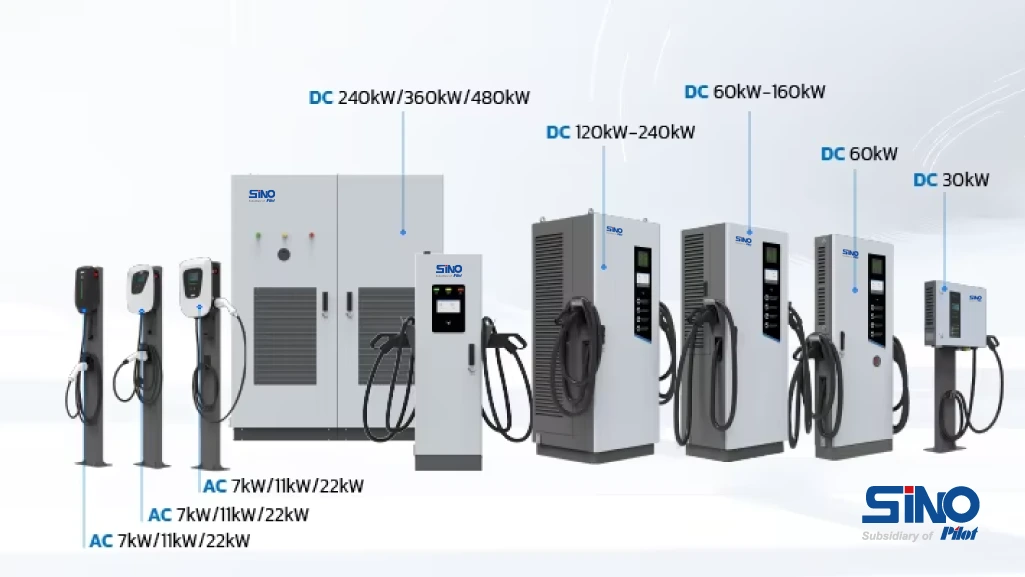
FAQ Section
Q: What’s the difference between AC and DC charging?
A: AC chargers convert power onboard the EV (slower), while DC chargers deliver power directly to the battery (faster).
Q: How many DC chargers do I need for my business?
A: Start with 2-4 units and scale based on utilization data.
Q: Are there tax credits for installing DC chargers?
A: In the US, the Inflation Reduction Act offers up to 30% tax credits for commercial installations.
Our Social
Facebook: www.facebook.com/sinoevc
Instagram: www.instagram.com/sinoevc
Linkedin: www.linkedin.com/company/sinoevse
Youtube: www.youtube.com/@sinoevc
Twitter: www.twitter.com/sinoevc
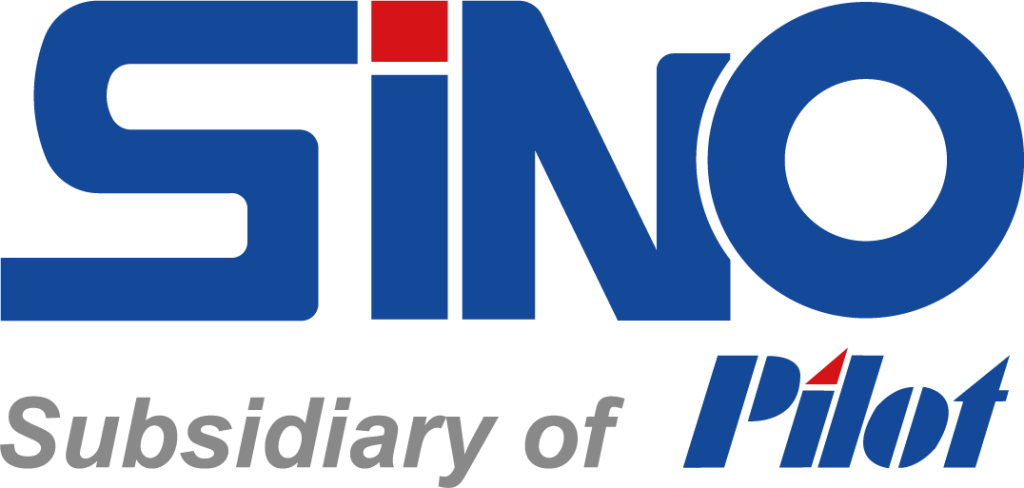
“Charging for A Better Life”
—Zhuhai Sino Energy Technology Co.,Ltd.



